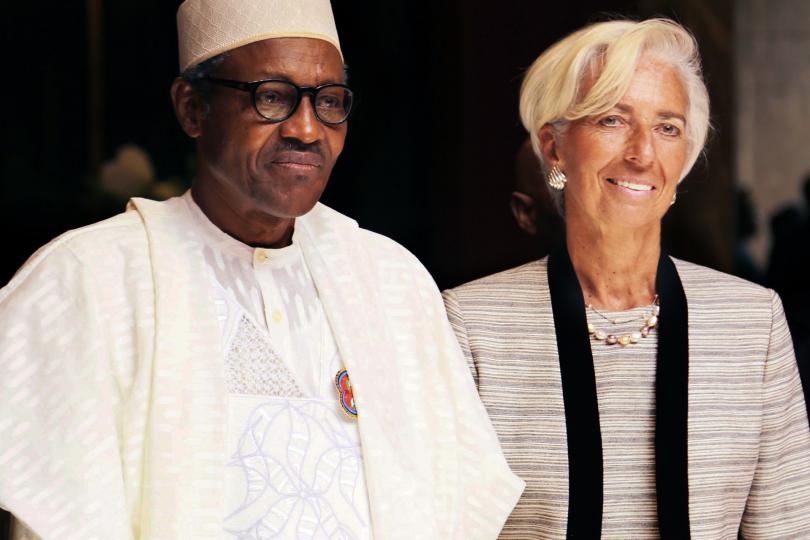The International Monetary Fund has stated that the economic policies of the President Muhammad Buhari led federal government is leading to the impoverishment of more and more Nigerians.
The multi-lateral agency also warned that the 2019 elections could lead to further economic depression, as election years in Nigeria are usually fraught with delays in implementing economic policies and reforms.
Commercial banks struggling to remain solvent were also called out, but not identified by the IMF, including one that the lender said was already insolvent, adding, “Some of these banks are kept afloat through continuous recourse to the CBN’s lending facilities.”
The Fund expects the government to “muddle through” in the medium term, and any progress could also be threatened if elections next year consume political energy and resources, it said in a report seen by Reuters on Wednesday.
Since emerging from recession in the second quarter of 2017, Nigerian officials have repeatedly boasted that they have set the economy back on track.
But critics say much of the recovery comes from a return to oil dependence after a rise in global oil prices and a rebound in crude production, more the result of militants in the Niger Delta halting attacks on oil facilities than of economic policy under President Muhammadu Buhari’s administration.
The International Monetary Fund (IMF) said in the report that the outlook for growth had improved but remained challenging.
“Comprehensive and coherent” economic policies “remain urgent and must not be delayed by approaching elections and recovering oil prices,” it stated in its annual Article IV review of Nigeria’s economy.
“Higher oil prices would support a recovery in 2018 but a ‘muddle-through’ outlook is projected for the medium term under current policies, with fiscal dominance and structural constraints leading to continuing falls in real GDP per capita,” the IMF added.
“Further delays in policy action, including because of pre-election pressures, can only make the inevitable adjustment more difficult and costlier,” the report added.




 Premier League
Premier League